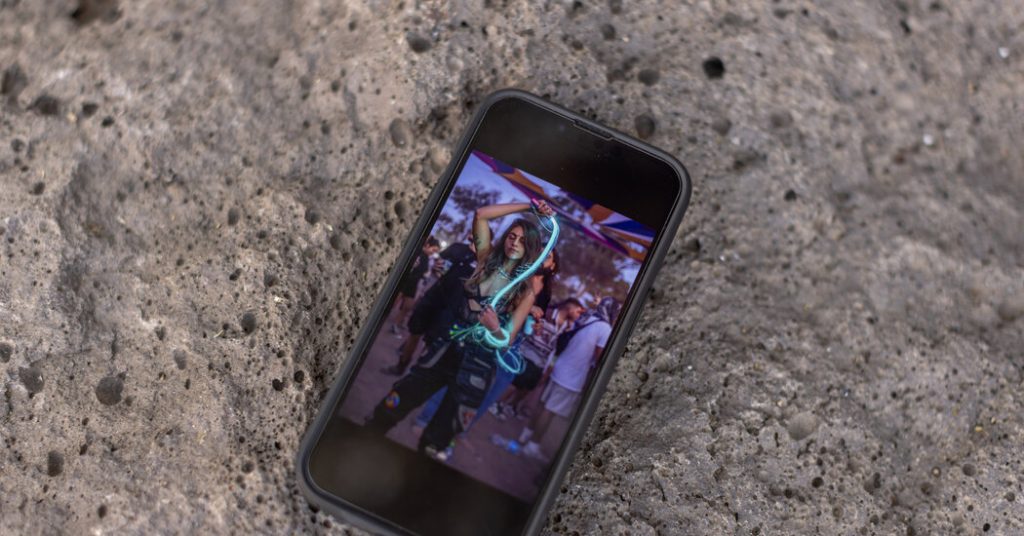A rare opportunity to study the intersection of trauma and psychedelics emerged after the deadly Hamas-led attack on the Tribe of Nova music festival in southern Israel on Oct. 7. The festival drew about 4,000 revelers, many of whom were under the influence of LSD, MDMA, and ketamine as they witnessed the carnage or fled for their lives. Researchers at the University of Haifa are now studying the survivors of the attack to better understand how substances like MDMA and psilocybin, the active ingredient in “magic mushrooms,” might be used to treat post-traumatic stress disorder.
Preliminary results of the survey conducted by the researchers show that around 23 percent of the survivors took hallucinogens like LSD, while about 27 percent used MDMA. Each participant had a unique experience on these substances during the attack, ranging from hallucinations to extreme clarity, panic, or confidence. The researchers hope that studying how these drugs affected the survivors’ experience of trauma will provide insight into how they might be used to help patients cope after a traumatic event.
Amid the chaos of the attack, the use of psychedelics seemed to have varied effects on different festivalgoers. While some felt empowered or enlightened, others were too intoxicated to realize the danger and flee for safety. Researchers acknowledged that survivors’ stories may be biased by only hearing from those who made it out alive. They plan to follow the survivors for years, tracking their neural activity with functional magnetic resonance imaging to understand the long-term effects of the traumatic event and drug use.
Many of the Nova festival survivors credited substances like MDMA with helping them to survive the attack. Some felt a rush of energy and clarity to act quickly and decisively. Others felt that the stress of the situation overwhelmed the effects of the drugs and caused them to make more sound decisions in the moment. While the exact doses that the revelers consumed are difficult to analyze, there seems to be a perception among many that using drugs like MDMA helped them cope with the trauma of the attack.
The researchers are collaborating with therapists and experts to provide psychological support to survivors in the aftermath of the attack. Attendees who took ketamine, a psychedelic with tranquilizing and dissociative effects, appeared to be one of the groups hit hardest by the tragedy. These individuals are being closely monitored as part of the research efforts to identify and treat those who may develop PTSD. The work being done by the researchers at the University of Haifa may contribute valuable insights into how psychedelic substances could be utilized in clinical settings to help patients recover from traumatic events.
Overall, the study of the Nova festival survivors provides a unique opportunity to explore the impact of psychedelics on experiencing and coping with trauma. By following the survivors over time and tracking their recovery, researchers hope to gain a better understanding of how substances like MDMA may influence the processing of traumatic events. This research could have implications for the use of psychedelics in treating mental health conditions such as PTSD in the future, shedding light on the potential benefits and risks associated with these substances.


